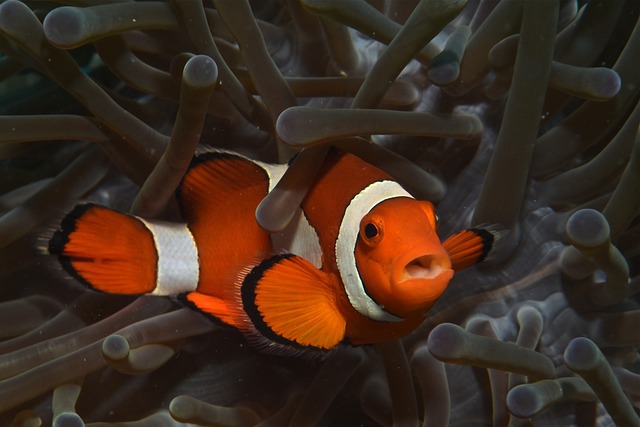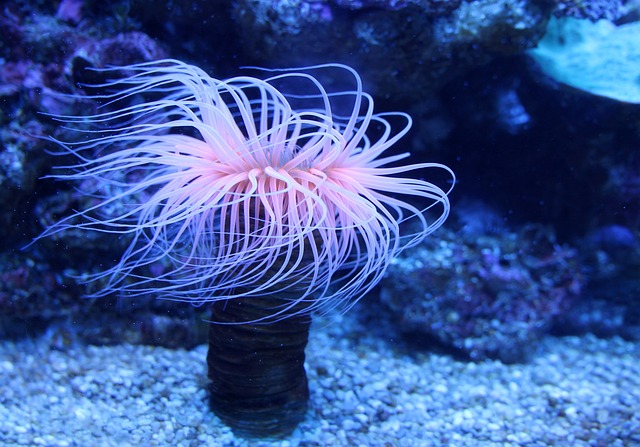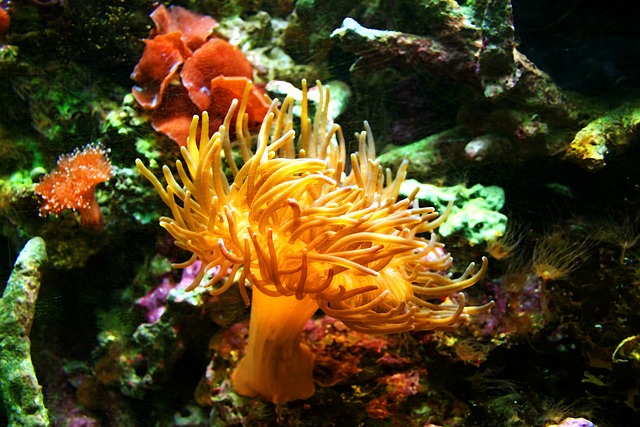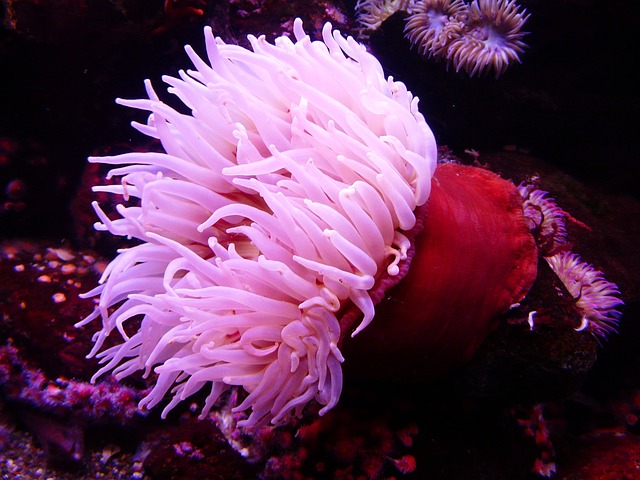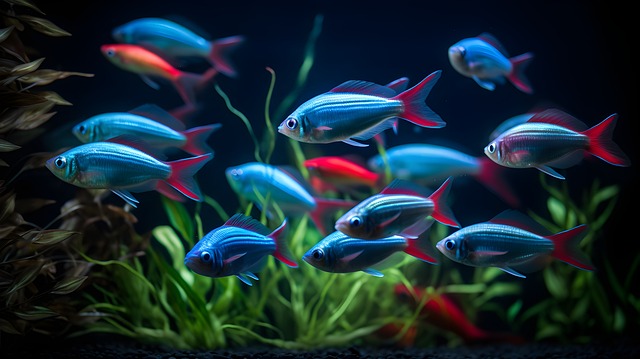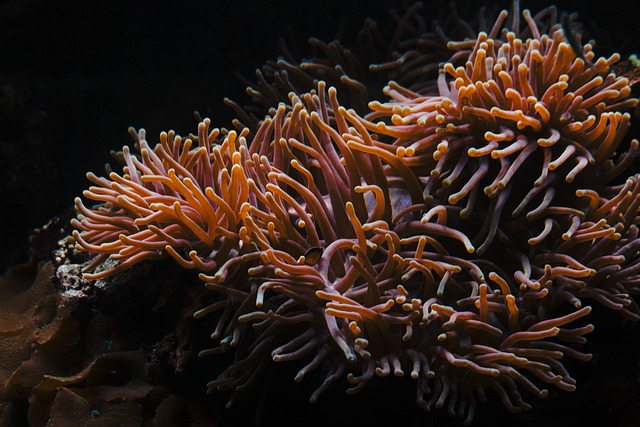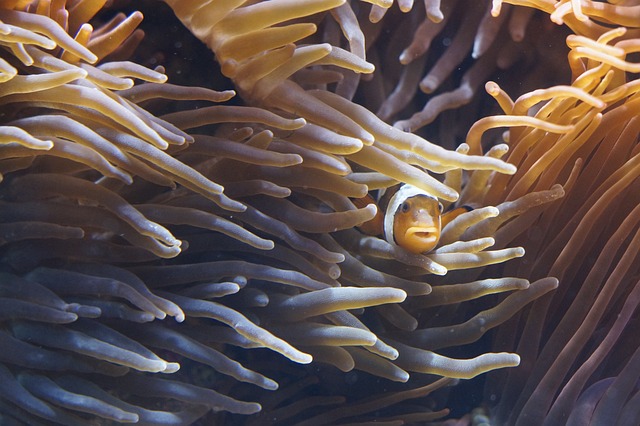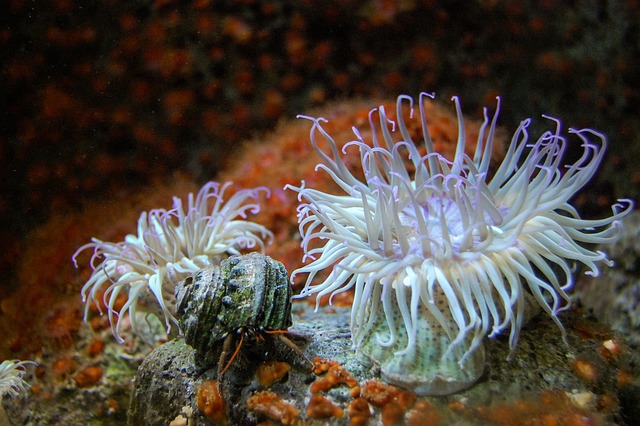No, clownfish cannot thrive in a bowl.
Clownfish are saltwater fish that require a specific environment to survive and thrive.
They need a tank that is large enough to provide them with plenty of swimming room, as well as a filtration system to maintain water quality and provide the necessary oxygenation.
A bowl does not provide enough space or proper filtration for a clownfish to live a healthy life.
In addition, clownfish are social creatures that typically live in pairs or small groups, so being alone in a bowl can cause them stress and negatively impact their health.
Bowl Living Conditions
Clownfish are a popular choice for aquarium enthusiasts due to their bright colors and unique personalities. However, many people wonder if they can live in a bowl. The answer is no; clownfish cannot live in a bowl as it does not provide adequate living conditions for them.
Bowl living conditions are unsuitable for clownfish as they require a specific environment to thrive. Clownfish need a tank with at least 20 gallons of water, a filter, and a heater to maintain a consistent water temperature. In a bowl, the water temperature can fluctuate rapidly, harming the clownfish.
Additionally, clownfish require a lot of oxygen to survive, and a bowl does not provide enough surface area for oxygen exchange. This can lead to low oxygen levels in the water, which can cause stress and health problems for the clownfish.
Furthermore, bowls do not have enough space for clownfish to swim and play. Clownfish are active fish that require plenty of space to move around. In a bowl, they are confined and cannot exhibit their natural behaviors, leading to stress and health problems.
In summary, clownfish cannot live in a bowl due to inadequate living conditions. They require a tank with a filter, a heater, and enough space to swim and play. It is crucial to provide the proper environment for clownfish to ensure their health and well-being.
Effects on Clownfish Health
Clownfish are tropical fish that require specific water conditions to thrive. When kept in a small bowl, they are exposed to several health risks that can significantly impact their well-being.
One of the most significant effects of keeping clownfish in a bowl is the lack of space. Clownfish are active swimmers and require ample room to move around.
In a small bowl, they are forced to swim in circles, which can lead to stress and depression. This can weaken their immune system, making them more susceptible to diseases and infections.
Another major concern is the water quality. In a bowl, there is a limited amount of water, which can quickly become contaminated with waste and uneaten food.
Poor water quality can lead to a buildup of harmful chemicals and bacteria, which can cause various health problems such as fin rot, skin infections, and respiratory issues.
In addition to the lack of space and poor water quality, clownfish in a bowl are susceptible to temperature fluctuations. Without a proper heater or thermometer, the water temperature can fluctuate rapidly, which can cause stress and even death.
Overall, keeping clownfish in a bowl can have a significant negative impact on their health and well-being. It is recommended that they be kept in a larger, adequately equipped aquarium with a filtration system, heater, and appropriate water conditions.
Proper Clownfish Care
Clownfish are fascinating creatures that are popular among aquarium enthusiasts. However, it is important to properly care for these fish to ensure their health and well-being. Here are some tips for proper clownfish care:
Tank Size
Clownfish require a tank that is at least 20 gallons in size. This will provide enough space for the fish to swim and play, as well as for the establishment of a proper ecosystem.
Water Quality
Clownfish are sensitive to changes in water quality. It is important to maintain a stable environment with proper filtration, regular water changes, and appropriate levels of salinity, pH, and temperature.
Diet
Clownfish are omnivores and require a varied diet that includes meaty and plant-based foods. It is recommended to feed them a combination of high-quality commercial fish food, frozen or live foods, and algae-based supplements.
Tank Setup
Clownfish are known to form symbiotic relationships with anemones, but it is not necessary to have an anemone in the tank. However, it is important to provide hiding places and a suitable substrate for the fish to feel secure and comfortable.
Compatibility
Clownfish are generally peaceful and can be kept with other non-aggressive fish species. However, it is essential to avoid keeping them with predatory or aggressive fish that may harm or stress them.
By providing proper care and attention, clownfish can thrive in an aquarium environment and provide years of enjoyment for their owners.
Alternative Clownfish Habitats
While clownfish are often kept in small bowls, it is not the best environment for them to thrive. Several alternative habitats are more suitable for these colorful fish.
Nano Tanks
Nano tanks are small aquariums designed explicitly for small fish like clownfish. They are often less than 10 gallons in size and can be a great alternative to a bowl. Nano tanks provide more room for the fish to swim and explore, and they also allow for the installation of a filtration system that can help maintain water quality.
Saltwater Aquariums
Saltwater aquariums are another option for keeping clownfish. These aquariums can range in size from small to very large and can provide a more natural environment for the fish. Saltwater aquariums require more maintenance than a bowl or a nano tank, but they offer a more rewarding experience for the hobbyist.
Live Rock Aquariums
Live rock aquariums are a type of saltwater aquarium that uses live rock as a natural filtration system. Clownfish can thrive in this environment, as the live rock provides a natural habitat for the fish to explore and hide in.
Live rock aquariums can be more expensive to set up than other aquariums, but they offer a unique and natural environment for the fish.
Overall, while clownfish can survive in a bowl, it is not the best environment for them. Several alternative habitats are more suitable for these colorful fish, including nano tanks, saltwater aquariums, and live rock aquariums.
Conclusion
In conclusion, while clownfish can technically survive in a bowl, it is not recommended for long-term health and well-being. Clownfish are active swimmers and require ample space to swim around and explore. Keeping them in a small bowl can cause stress and health problems.
Additionally, bowls do not have a filtration system, which means that ammonia and other toxins can quickly build up and harm the fish. Without a proper filtration system, it cannot be easy to maintain the water quality that clownfish need to thrive.
Overall, it is best to provide clownfish with a suitable tank that is at least 20 gallons in size with proper filtration and aeration. This will ensure they have enough space to swim, play, and live healthily.

